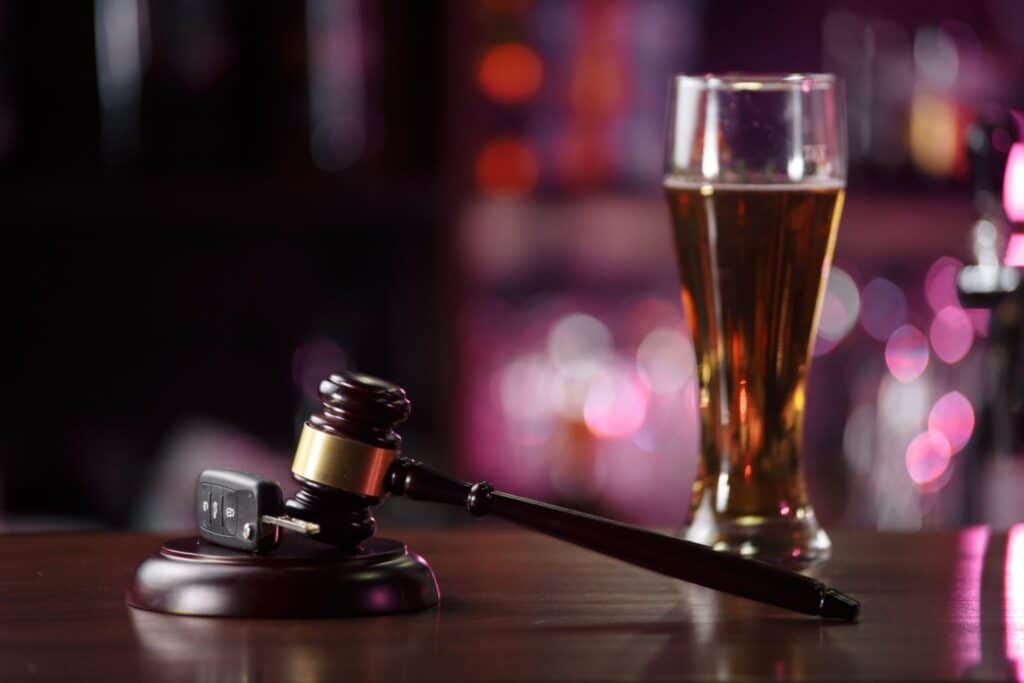In our last blog post, we discussed a new case from the Maine Supreme Court dealing with operating under the influence (OUI). While that case, Maine v. Boyd, might seem like it makes a huge difference in how police can gather evidence of drunk driving, the reality is far more muted. Because the only changes that it makes are within police control, you probably won’t notice any changes at all if you get pulled over for OUI in Maine.
Case Changes How to Consent to a Blood Test
The case was handed down on March 2, 2017, and changes what police have to do if they want to get consent to conduct a blood test to determine your blood alcohol content (BAC).
In the case, Robert Boyd was arrested for OUI and brought to the police station for further testing. After problems with the breath test machine at the station, the arresting officer found a paramedic to perform a blood test, instead. However, the officer never asked Mr. Boyd for consent to take a blood sample, and while Mr. Boyd didn’t object to the blood test, he also didn’t affirmatively allow it, either.
That lack of affirmative consent was what made the Maine Supreme Court side with Mr. Boyd. Because it’s the prosecutor who has the burden of proving that someone broke the law beyond a reasonable doubt, it was the prosecutor in the case who had to show that Mr. Boyd “consented” to the blood test. Therefore, even though Mr. Boyd cooperated with the police and the paramedic during the blood draw, because prosecutors couldn’t point to a particular sign of his actual consent to the test, the evidence was thrown away.
Why This Case is Not a Game-Changer
This might seem like it should be a game-changer. It might seem like you can now just stay quiet when asked to take a BAC test.
Unfortunately, all that this is going to change is how police interact with you during the investigation process. They’re going to make absolutely sure that they have an objectively clear manifestation of your consent to a test before they do it. So, instead of now being able to just remain silent when asked for consent to do a BAC test, that’s the exact thing that you’re not going to be able to do, now that this case is on the books – police will not take nothing as an answer.
Maine OUI-Defense Attorney William T. Bly
Developments like these, even if they don’t drastically change how OUI investigations happen, are what OUI-defense attorney William T. Bly keeps an eye on. By staying up to date on all of the new developments in the field, Mr. Bly has established himself as a solid OUI-defense and criminal defense attorney in the state of Maine.
If you’ve been arrested and charged for OUI, contact his law office online or at (207) 571-8146 for the legal help you need.


